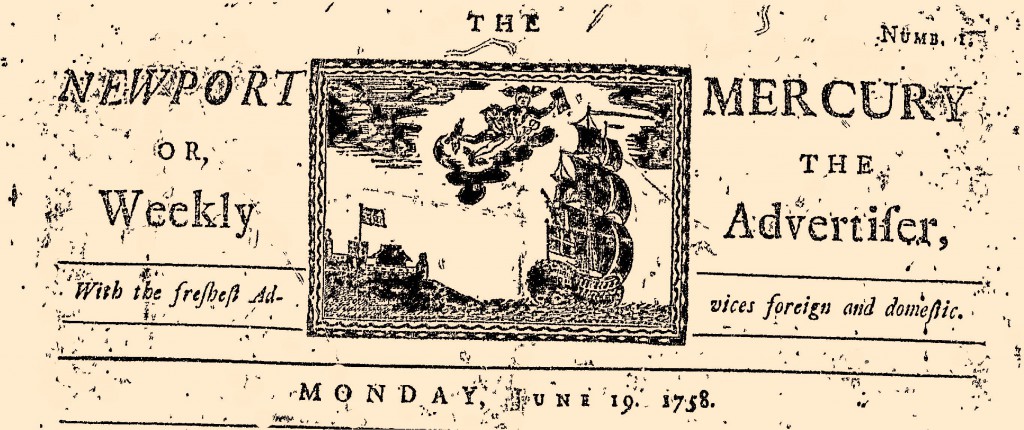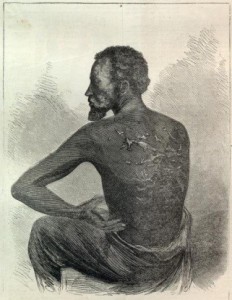Posted: Thursday, April 3, 2014 12:00 am | Updated: 12:43 pm, Thu Apr 3, 2014.

On the morning of April 3, 1865, Union troops entered the city of Richmond, then capital of the Confederate States of America. Richmond had become the holy grail of the Union war effort, in a civil war between Americans of Northern and Southern persuasions that would claim an estimated 620,000 combatants who would give their lives in the line of duty.
Born and raised a Northerner from a multiracial family, I was taught in school to see the Civil War from the perspective of the North fighting to end slavery and restoring the Union. Southerners and those who would fight for the Confederate cause were on the wrong side of morality and history. As I matured and exposed myself to the complexities of the time and its issues, I learned more Continue reading →
 For our county’s first 250 years, millions of enslaved Africans lived and worked within the original thirteen colonies and the ever-expanding United States of America. Rhode Island was one of the earliest and most active shipping sites in the American colonies, which between 1705 and 1805 launched nearly 1,000 slaving voyages, frequently from the port at Newport. Continue reading
For our county’s first 250 years, millions of enslaved Africans lived and worked within the original thirteen colonies and the ever-expanding United States of America. Rhode Island was one of the earliest and most active shipping sites in the American colonies, which between 1705 and 1805 launched nearly 1,000 slaving voyages, frequently from the port at Newport. Continue reading 

